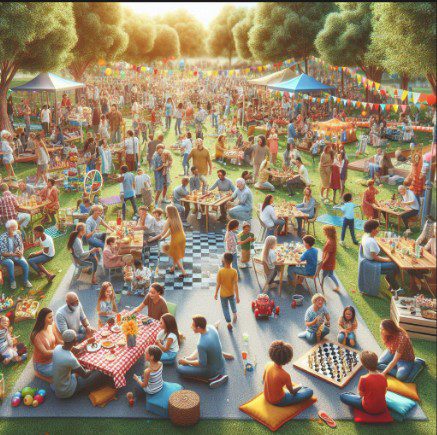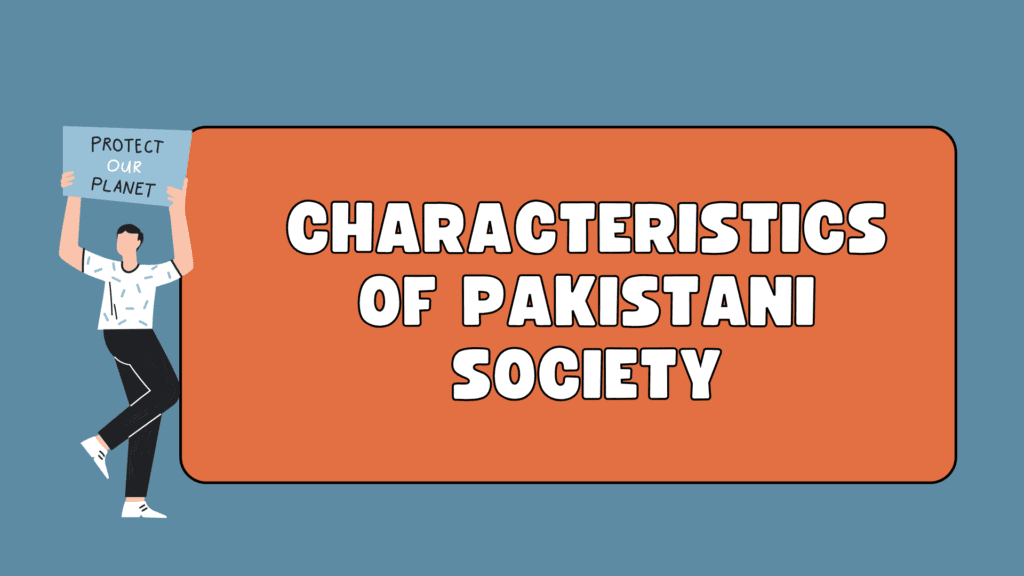1. Rural Areas
a. Agriculture
Agriculture is the backbone of the rural economy in Pakistan. The majority of rural inhabitants are involved in farming activities, growing crops such as wheat, rice, cotton, sugarcane, maize, and vegetables. The choice of crops depends on the local soil, water availability, and climatic conditions.
b. Livestock Rearing
In addition to farming, livestock rearing is a crucial source of income in rural areas. Many families raise cattle, buffaloes, goats, and poultry to produce milk, meat, eggs, and wool. Women play an active role in managing and utilizing livestock resources.
c. Fishing
In rural areas near rivers, lakes, or coastal regions (such as in Sindh and Balochistan), fishing serves as a key occupation. It supports entire communities and contributes to both domestic consumption and local trade.
d. Cottage Industries and Handicrafts
Small-scale home-based industries are common in rural areas. These include weaving, pottery, embroidery (like Sindhi or Balochi embroidery), basket-making, and carpet weaving. These crafts not only preserve cultural heritage but also provide supplementary income.
e. Agricultural Labor and Migration
A considerable number of rural people work as agricultural laborers or sharecroppers under feudal or landlord-based systems. Due to lack of job diversity and poverty, many young men migrate to cities or abroad for employment, often sending remittances back home.
2. Urban Areas
a. Industrial Sector
Urban areas, especially industrial hubs like Karachi, Lahore, Faisalabad, and Sialkot, offer employment in factories and manufacturing units. Major industries include textiles, garments, food processing, chemicals, pharmaceuticals, and electronics.
b. Service Sector
The service sector in urban areas is wide-ranging and includes employment in education, healthcare, banking, media, information technology, hospitality, and public administration. It is one of the fastest-growing sectors, especially in metropolitan cities.
c. Informal Economy
A large portion of the urban workforce is employed in informal jobs such as street vending, construction labor, domestic work, and transport services (e.g., rickshaw drivers, delivery services). These occupations often lack legal protection and social benefits.
d. Small Businesses and Entrepreneurship
Urban centers are hubs for trade and commerce. Many individuals run small shops, tailoring units, salons, or operate food stalls. Entrepreneurship is on the rise, especially in areas like e-commerce, logistics, and food delivery.
e. Information and Communication Technology (ICT)
With the growth of internet and technology, urban youth are increasingly involved in freelancing, software development, content creation, and call center operations. Cities like Islamabad and Lahore have emerging IT parks and tech incubators.

